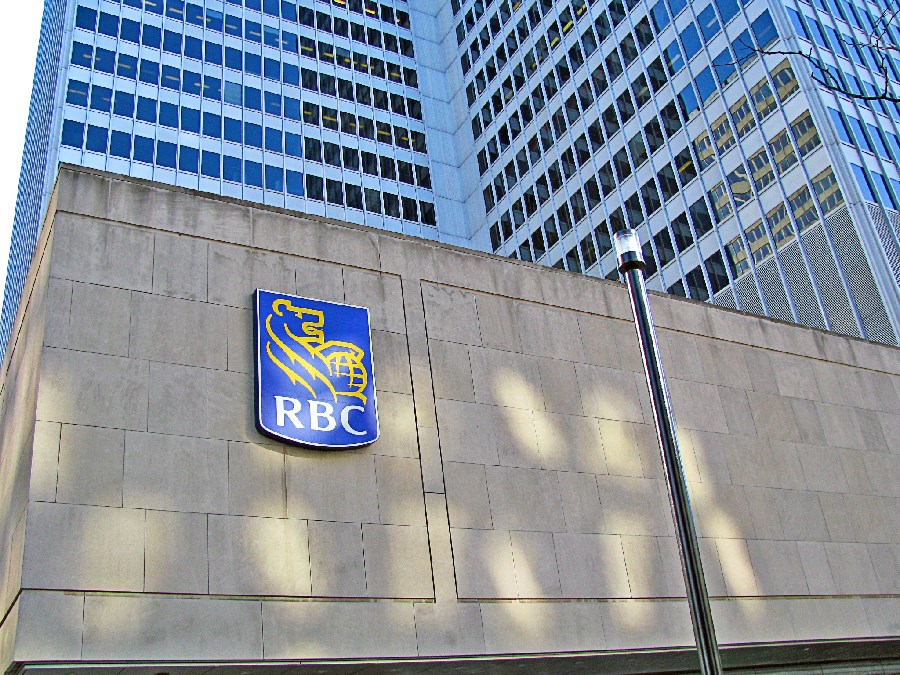
Narrow-moat rated Bank of Montreal (BMO) reported second quarter results that missed S&P Capital IQ consensus estimates as a large COVID-19 reserve build hurt the bank's bottom line; even so, we think the bank still remains positioned to weather the upcoming downturn.
Following a trend we have seen among the Canadian banks so far, Bank of Montreal's provisioning increased over 500% year over year to $1.2 billion as the bank shores up for future credit losses. We expect another large reserve build in the upcoming quarter. As a result, adjusted earnings per share declined 55% year over year to $1.04 and adjusted net income declined 53% compared with the year-ago period. While revenue did decline 3% year over year (5% on a constant currency basis), the bank also brought down expenses by 2%. However, the faster revenue decline led to a 64.4% efficiency ratio, a higher figure than the previous quarter. Adjusted return on tangible common equity came in at 6.4%. Bank of Montreal's common equity Tier 1 ratio came in at 11%, compared with 11.4% last quarter, though a part of this was driven by an increase in risk-weighted assets due to the Clearpool acquisition.
Credit losses remain a key story for Bank of Montreal and bear watching. Based on these results, we are lowering our fair value estimate to $100 per share. Credit costs increased this quarter, with net write-offs as a proportion of average loans coming in at 25 basis points, a 15-basis-point increase compared with the year-ago period. This was impacted by losses related to COVID-19, with particular stress seen in the oil and gas sector as well as in transportation finance, though a fraud-related charge on the commercial side played a role as well.
Management expects impaired loans to increase in the upcoming quarters as the COVID-19-related impacts on the economy play out. Most segments of the bank performed well, with the exception of Capital Markets, which was negatively impacted by equity-linked note products, markdowns on held-for-sale loans, and credit losses. This was in contrast to some peers, where their capital markets segments generally did well. The Canadian personal and commercial banking segment reported a 2.5% and a 3% year-over-year increase in revenue and expenses, respectively.
Even so, net income was down 40% compared with the year-ago period as a result of a large build in provisioning, particularly on the commercial side. Average loans and deposits were up 7% and 15% year over year, respectively, due to growth on the commercial side, with commercial clients drawing down commitments and re-depositing them with the bank to shore up on liquidity. The U.S. personal and commercial banking segment reflected a similar story, with revenue and expenses up 6% and 2% year over year, respectively. A large provisioning build led to a 19% decline in net income compared with the year-ago period.
Like its Canadian counterpart, the U.S. P&C segment experienced 13% and 18% year-over-year loan and deposit growth, respectively, as a result of increased activity on the commercial side. The Capital Markets segment reported a net loss of $74 million, in part impacted by increased provisioning due to stress in the energy and apparel retail sectors. The segment also saw a 15% year-over-year decline in revenue due to market volatility, particularly on the equities side. The Wealth Management segment reported stable assets under management, though a legal provision, lower insurance income, and lower equity markets performance led to a 53% year-over-year decline in net income. Bank of Montreal's net interest margin (NIM) segments further into the year. There was also some detail on exposure to COVID-19-related industries, which make up about 10.6% of total loans and acceptances. This is generally higher than what we have seen from peers so far.





















